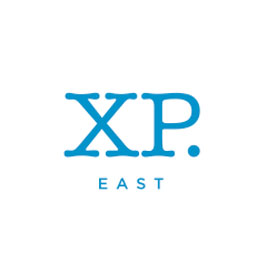Today in HUMAN we were introduced to Case Study 3 as part of our expedition ‘Stand Up!’
First of all, we had to speculate what we thought CS3 might be about, basing our ideas on our guiding question and the key themes of our expedition so far.
Following an insightful discussion, we found out that we would be learning about modern day slavery in the Democratic Republic of Congo. We then had to think of a title for this case study. We chose Harvey’s idea: ‘The Past is the Present!’
Can you work out why we all agreed on this title?
We then set to, taking part in a silent conversation where we made notices, wonders and questions about different images linked to global development.
What notices do you make?
What is making you wonder?
What questions are you thinking of?
So, here we are getting started…

Later on…

We then zoomed in and found out about how development is measured and how useful the different measures can be.
Did you know that the Death Rate is not a very useful measure of development because developed countries tend to have older populations and death rates will be high, whereas, less developed countries may have a lower death rate because there are more young people?
In contrast, the Birth Rate is a more useful measure because, as a country develops, women are likely to become educated and want a career. They marry later and have fewer children.
Super geographical work, Explorer!









